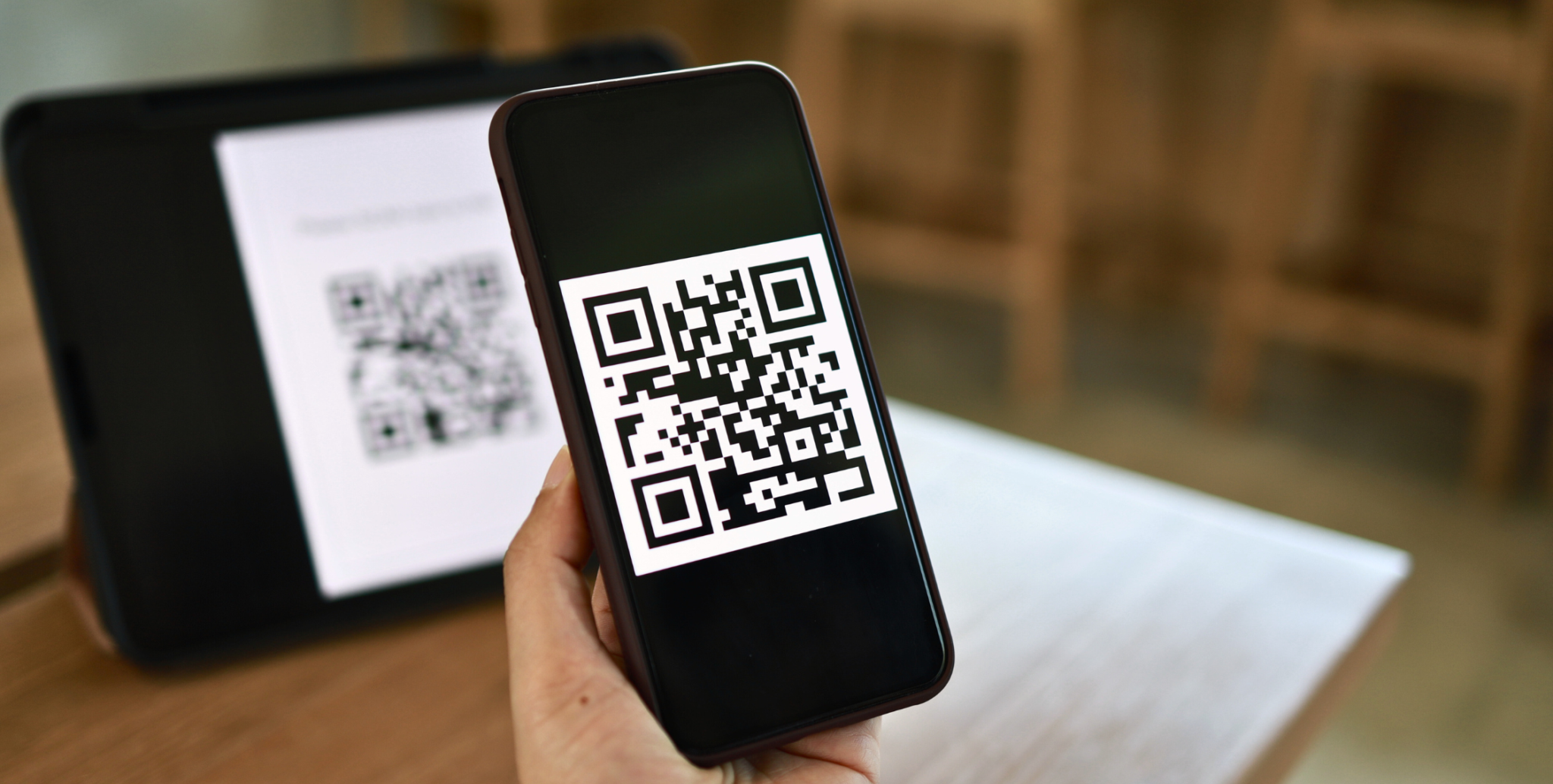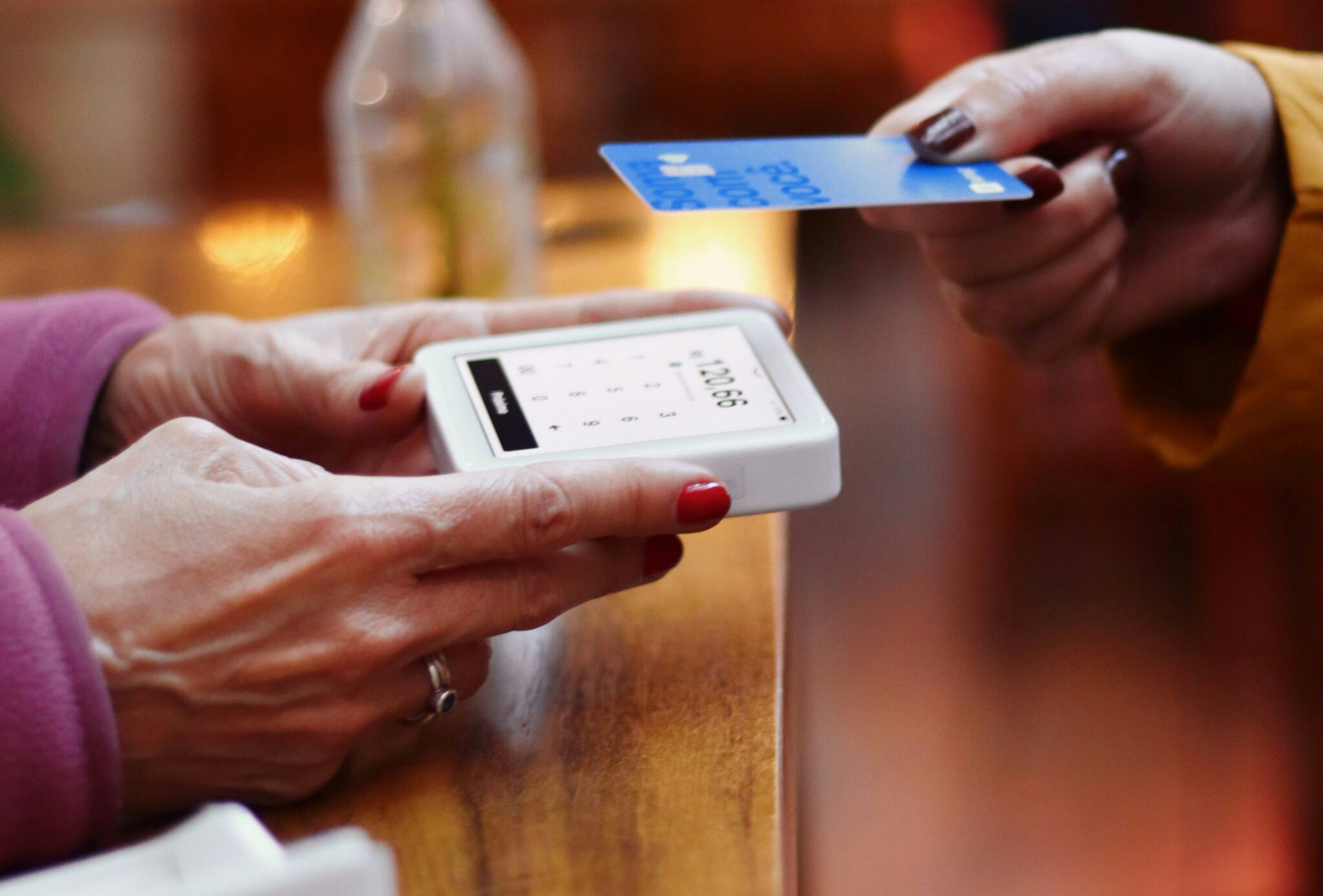Every week, month and year that you spend less than you earn, the more you can save — and in the end, the better your financial situation will be. Remember, every penny counts and adds up over time.
1. Use cold water for your laundry.
There are a few reasons for this. First and foremost, cutting back on hot water can help decrease your energy bill by saving on the cost of heating the water. Second, since cold water washing is better for the longevity of your clothes, you’ll save money not having to replace your favorite black t-shirt every year. So unless the clothing item you are washing is awfully stained, or the instructions on your clothes request warm or hot water, use cold water for your laundry. (Don’t worry, using cold water still results in clean clothes!)
Fun tip: Did you know there are symbols on your clothing tags and actually tell you the maximum temperature that your clothes can handle?
Here is a good rule of thumb to follow, provided by Cold Water Saves:
- For jeans, delicate fabrics or dark, bright colors that can bleed, use cold water.
- For undergarments, smelly clothes or athletic garments, use warm water.
- For really dirty clothes and towels, hot water has its pros, like removing germs and heavy soil. Remember, hot water can shrink, fade and damage some fabric, as well as be more expensive, so be sure to read your garment care labels before selecting the hot option.
2. Save on groceries
Groceries are an expense we can’t avoid completely, but an expense we actually have quite a bit of control over. By shopping smarter, there are ways to stretch your grocery dollars when you’re shopping, and even after you get your food home. We have a great compiled list of 12 easy ways you can save on weekly groceries here.
3. Review and cut any unnecessary subscriptions or memberships
If you have a subscription or membership that you haven’t used in a bit, cancel it. If there is a subscription you forgot about on your bill, you probably don’t need it. Remember, you can always renew it in the future if you decide you have a need for it again.
4. Use Money Saving Apps
Here are a few to review to see which will would work the best for you. Although coupons and cash-back apps are both great ways to save money, they do work differently. With coupons, you save money before you checkout. With cash-back apps, you earn cash rewards (either cash, check, or gift cards) after you make a purchase. The best cash-back app for you will depend on your personal spending habits. Try one or two apps to start and watch how much you save in a month. If you feel it’s not worth it for you, explore another option.
- Fetch RewardsIbotta
- Target
- Coupons.com
- Kroger
- Rakuten
5. Switching Lightbulbs and Turning Off Your Lights
When one of your light bulbs burns out, switch to an LED light bulb. LED light bulbs can help the typical home save about a $1,000 over a 10-year period. That’s roughly $8.33 a month. (Remember, every dollar when you’re saving counts and can add up over time!) LED bulb prices are more expensive than your basic bulb, however their savings in energy costs and longer shelf life make up the cost in the long run.
Another thought: If you don’t have LED lightbulbs and have Incandescent or Halogen lights instead, make it a habit to turn them off when they are not in use. Energy.gov states that the cost effectiveness of when to turn off lights depends on the type of bulb. The cost of electricity in Incandescent and Halogen bulbs is higher due to the fact that 90% of the energy they use is given off as heat, and only about 10% results in light. Turning lights off will also keep a room cooler, an extra benefit for your air conditioning bills in those warmer months.
What you should do with the money saved?
The key to making any money saving tips really work is to not simply spend your saved dollars on something else that is not essential. Here are just a few ideas on what to do with your savings each month that will help with whatever your financial situation is.
- Open a new savings account at Bank Five Nine and use that to start building an emergency fund. (Saving just an extra 25 dollars a month from our grocery tips? It doesn’t feel like a lot at the time, however, that adds up to $300 a year!)
- If you have any debt, use the extra funds for an extra debt payment as part of your debt repayment plan.
- Save for retirement. Contact your financial advisor or use that same dollar amount you are saving to put more of your paycheck away towards your retirement each paycheck.






